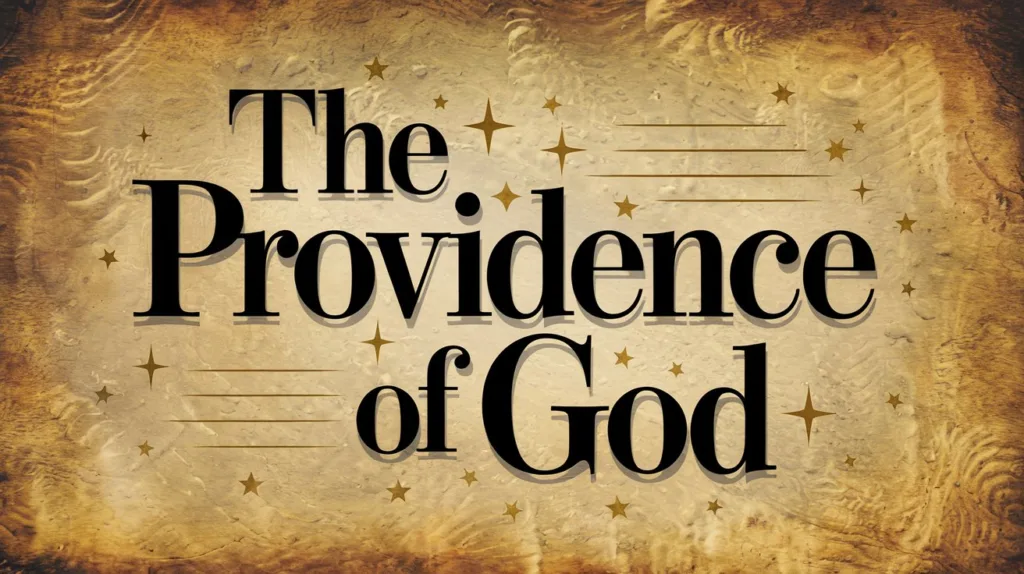Halloween has pagan origins rooted in ancient Celtic festivals like Samhain, where people believed spirits of the dead returned and sought to appease them through costumes and offerings. Later, the Roman Catholic Church attempted to Christianize the holiday with All Saints’ Day, but much of its occult and superstitious background remained.
The Bible commands believers to avoid all forms of witchcraft, sorcery, and involvement with the occult:
“There shall not be found among you anyone who… practices witchcraft, or a soothsayer, or one who interprets omens, or a sorcerer.” (Deuteronomy 18:10)
“Have no fellowship with the unfruitful works of darkness, but rather expose them.” (Ephesians 5:11)
Halloween often celebrates themes of death, fear, and darkness, which are contrary to the light of Christ. Costumes, horror elements, and occult symbolism may seem harmless, but they desensitize people (especially children) to spiritual realities that the Bible warns against.
Paul wrote:
“Abstain from every form of evil.” (1 Thessalonians 5:22)
Participation in Halloween is not a question of legalism, but of discernment. Christians are called to be separate from the world, not to imitate its customs:
“Do not be conformed to this world, but be transformed by the renewing of your mind.” (Romans 12:2)
Some argue that Halloween can be “redeemed” by hosting alternative events or handing out tracts. While outreach is commendable, aligning with a holiday rooted in darkness sends a confusing message. God’s people are to shine as lights, not blend into cultural darkness:
“You are all sons of light and sons of the day. We are not of the night nor of darkness.” (1 Thessalonians 5:5)
Instead of participating in Halloween, families can use the day to teach about spiritual vigilance, prayer, and the victory of Christ over death and evil. Christians have been delivered from darkness and should not celebrate what Christ died to free us from:
“He has delivered us from the power of darkness and conveyed us into the kingdom of the Son of His love.” (Colossians 1:13)





 Get the book that teaches you how to evangelize and disarm doctrines from every single major cult group today.
Get the book that teaches you how to evangelize and disarm doctrines from every single major cult group today.